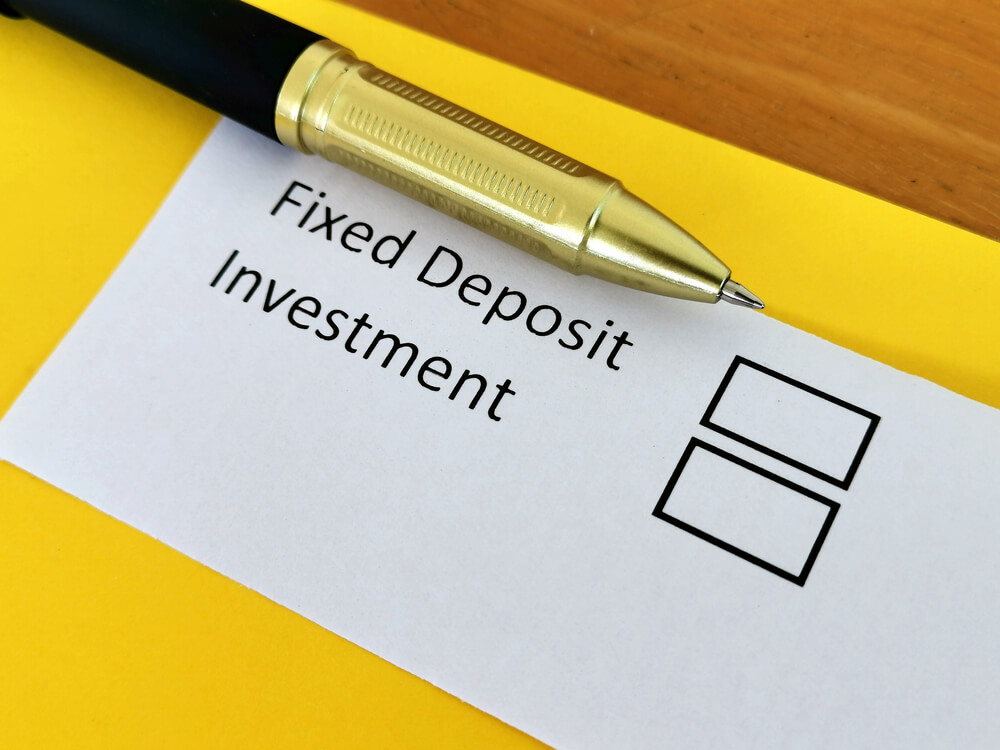For most Indian households, fixed deposits have been one of the most sought-after modes of investment. Even today, most investors consider FDs to be a simple and safe way to park any surplus money. Guaranteed returns, easy liquidity, easy to manage and minimal risk are some of the features that make FDs a one-stop solution. Another reason that makes fixed deposits so popular is that just about every bank gives you the option to open an FD account, making it all the more convenient and reliable.
However, over the past few years, as more and more finance companies are making their name in the banking industry, the concept of corporate FDs is fast evolving. For the young investors of today, corporate FDs are often a better option, not just because they offer some of the best FD interest rates, but they even provide the best services as well. Let us discuss what corporate FDs are, how similar and different they are from bank FDs and how corporate FD rates are better than rates offered by banks.
Understanding Corporate Fixed Deposits
Non-Banking Finance companies and corporates offer fixed deposits, where just like banks they collect money from their customers, deposit it for a specific time period and pay interest on this amount. Depending on the financial goals, short-term or long-term, the customer is free to choose a fixed tenure and accordingly receive a guaranteed return.
Corporate Fixed Deposits and Bank Fixed Deposits
When it comes to the working of a corporate fixed deposit and a bank fixed deposit, there are many similarities. Both of these offer a guaranteed return which does not vary with the market fluctuations. Both these FDs offer a higher rate of interest to senior citizens. Apart from this, corporate fixed deposits and bank fixed deposits both give the customer the flexibility to choose a tenure based on their future goals.
Despite these basic similarities, there are some features that give a corporate FDs an edge over a traditional bank FD. Corporate fixed deposits offer cumulative as well as non-cumulative payouts on the interest, which when reinvested results in increased payouts making them more beneficial for the investor. The tenure of corporate FDs also offers more flexibility when it comes to short-term goals while the tenure of the fixed deposit can be from six months to 5 or 10 years.
As mentioned above, corporate FD rates are comparatively higher than bank FD rates, let us take a look at the table given below and see some of the best FD interest rates:
| Name of the Bank/ Company | Rate of Interest | Tenure of the Deposit |
| Bajaj Finance FD | 6.20% – 7.40% | 12 to 60 months |
| ICICI Home Finance FD | 5.70% – 6.65% | 12 to 120 months |
| HDFC Ltd. FD | 5.50% to 6.35% | 12 to 84 months |
| Mahindra Finance FD Scheme | 5.70% – 6.45% | 15 to 40 months |
| LIC Housing Finance FD | 5.25% – 5.75% | 1 to 5 years |
| Sundaram Finance Company FD | 5.72% – 6.22% | 12 to 36 months |
| PNB Housing FD | 5.90% -6.70% | 12 to 120 months |
Disclaimer: Interest rates are subject to RBI guidelines, and may change
Why Invest in a Corporate FD?
If you are looking for a low-risk investment product, then a corporate FD can be an ideal choice, let us see how:
- Covering instantaneous financial commitments becomes easier as you can take a loan against your corporate FD
- Corporate FD rates are far better than regular saving accounts rates
- The returns that you receive can help you fulfil your financial needs
- Unlike the medium to high-risk investments, corporate FDs rates are not affected by the fluctuations in the market
- Individuals who are over 60 years of age can get a much higher corporate FD rates
- You can choose to benefit from cumulative as well as non-cumulative interest
- Loan against FD and premature withdrawals can be made in case of a financial crunch
- You can also save on TDS if you are earning less than ₹5,000
- Safety ratings are offered by ICRA and CRISIL.
Conclusion
A difference of 1 per cent to 3 per cent may seem nominal but can make a big difference to the corpus that is built over the years. Before you make a decision you can make use of the FD interest rate calculator. You must also check the lock-in period required in respect to the tenure. Most corporate FDs offer a shorter tenure as compared to bank FDs which can be an advantage if you have some upcoming financial commitments.
Also, simply choosing a company because of the lucrative corporate FD rates it is offering might not be a good idea. See to it that the company that you choose is a credible one and do not forget to check the CRISIL and ICRA ratings before you lock in your hard-earned money.



